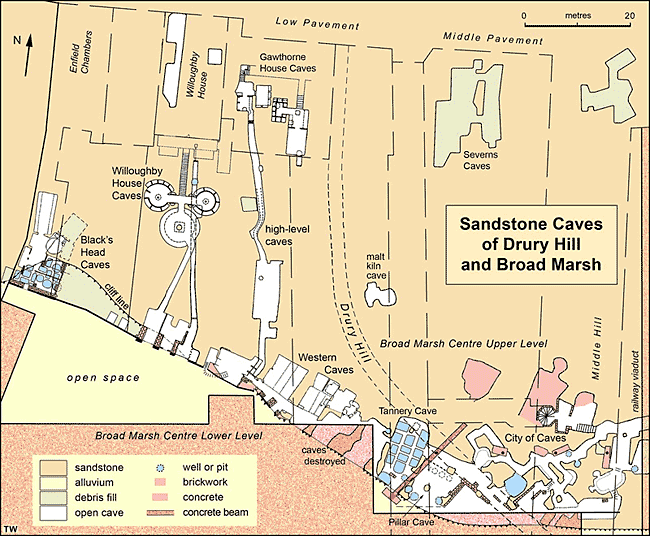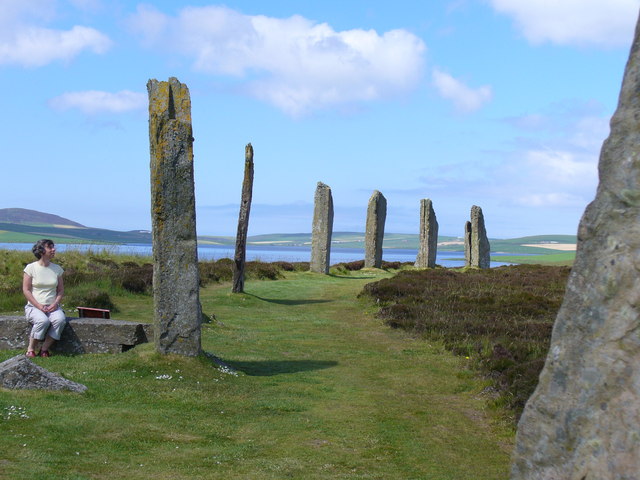Serious preppers know all about saving seeds, the ancient method of planting a new crop from the seeds of the last. Clearly if our ancestors did this 10,000 years ago, it shouldn’t be too hard to achieve. But if you can’t be bothered separating seeds and drying them before you can carefully plant them, there are some plants that are a bit easier to reproduce:
Scallions / Green Onions / Spring Onions
Chop off the roots and use the rest in your cooking. Then place the roots in water, so that the roots are covered and the stalk isn’t. Leave them a week or two in sunlight and the stalks will grow back. This can work up to four times if you change the water regularly.
Leeks, bok choy, lemongrass, cabbage, lettuce and celery can also be regenerated like this. For even better results, when new sprouts appear, plant the base in soil so that only the sprouts are visible. Water well.
Potatoes
Place a potato or sweet potato in water – a jar will help it stay upright:
When the stalks that have grown at the top are 4-5 inches in height, pull them off and place them in water on their own. The potato will grow more stalks…
The plucked stalks will grow roots. When the roots are an inch or two long they are ready for planting in soil.
Tip: Whenever you are using water, replace it regularly for increased nutrition and less chance of mould.
Ginger
When ginger root has started to bud, remove the chunk that includes the bud and plant it – with the bud above the ground. Water well and you have a new ginger plant.
Basil
Choose a stem that has 6 or more leaves and cut it off with a knife. Remove the leaves from the top and bottom of the stem, leaving just those in the middle.
This also works with lemon balm and mint. Experiment with other herbs.
Tip: With all plants, less leaves means the energy goes into growing stalks and roots.
Rosemary
Cut off the top couple of inches of the greenest/newest stalk. Place it in water and wait weeks or months (depends on how nutritious your water is…). Eventually roots will appear, and you can plant them in soil.
Garlic
Choose the biggest and healthiest bulb from your last crop, and wait for it to sprout (just laying about). Plant the largest cloves in soil, in Autumn. Wait 6-8 months to harvest. For optimal results, follow this guide:
http://themicrogardener.com/5-step-guide-to-growing-gorgeous-garlic/
Tip: Buy organic if you can (or of course grow your own). Commercial produce is sometimes sprayed with growth inhibitor to stop sprouting from occurring. Place and water and roots will appear in week or so. Plant in soil.
Brown Onions
Chop off the root end, and plant it in soil with the roots down. When a new onion starts to form, remove the original root end.
Alternatively, wait for an onion to sprout. Remove all of the outer layers of the onion, leaving just the sprout and inner-most part. Plant it.
——
Yes, I know – with the exception of potatoes their isn’t much in the way of bulk food to be had. There’s no such thing as a free lunch! Learn to grow from seed.














